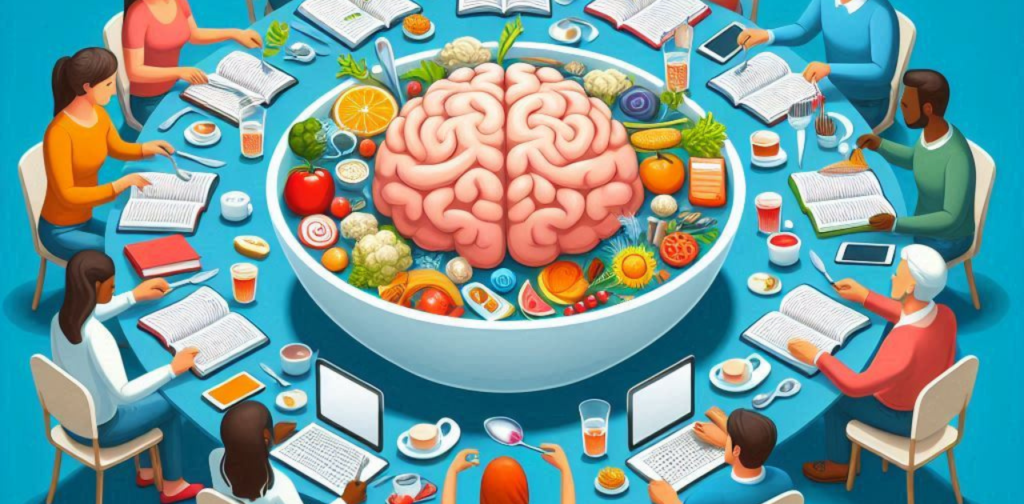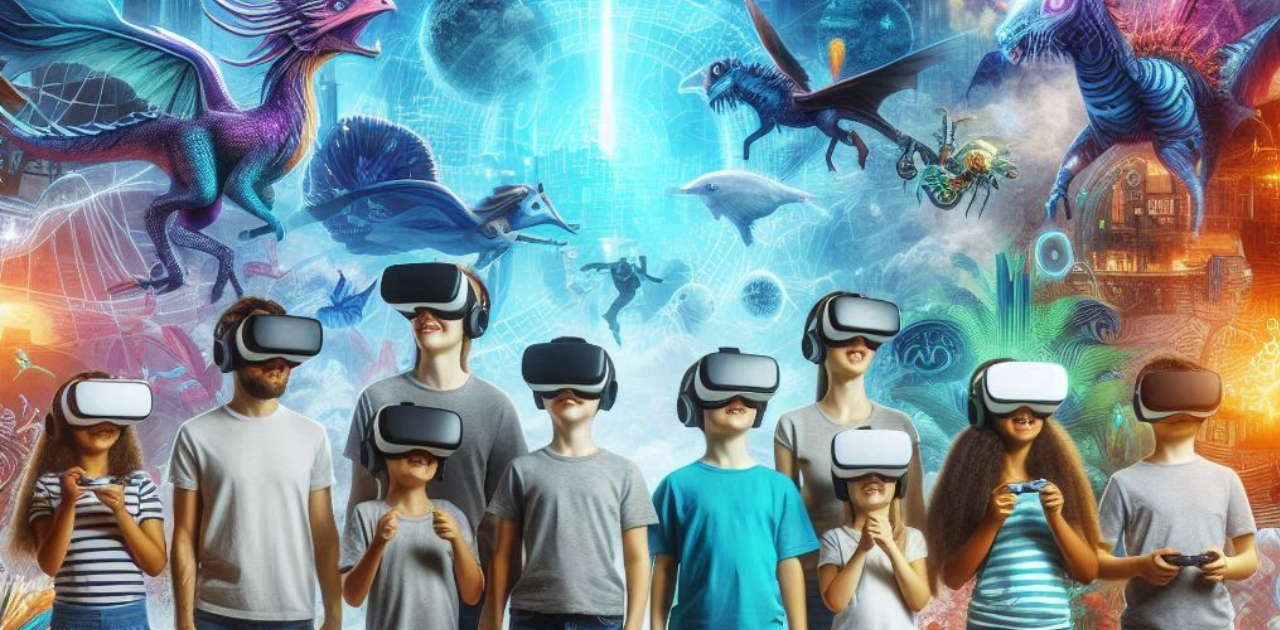Big Data: Unleashing the Power of Information
Contents
Big Data: Unleashing the Power of Information
Introduction
Big data refers to extremely large data sets that are too complex to be managed by traditional data processing applications. It is characterized by its volume, speed and variety, which makes it difficult to capture, store, manage and analyze. However, when used effectively, big data can provide valuable insights and drive innovation across industries.
Body
Key Features of Big Data:
- Volume: A large amount of data has been generated from various sources.
- Speed: Data is generated at high speed and needs to be processed quickly.
- ** Different types:** Data comes in different formats, structured and unstructured.
- Authenticity: Ensuring data quality and accuracy.
- Complexity: Dealing with data from multiple sources and formats.

Big Data Applications:
- Business: Customer analytics, market trends, fraud detection, and risk management.
- Health care: Disease prevention, personalized medicine, and drug discovery.
- Government: Urban planning, public safety, and disaster management.
- Finance: Fraud detection, credit risk assessment, and algorithmic trading.
- Marketing: Customer segmentation, targeted advertising, and sentiment analysis.
Table: Big Data Vs. Conventional data
| Feature | Big Data | Conventional data |
|---|---|---|
| Vol On a large scale Small datasets | ||
| speed Rapid generation Relatively slow generation | ||
| Different types Structured, unstructured, and semi-structured Primarily made up of | ||
| The truth Quality and accuracy concerns High data quality | ||
| Complexity | Difficult to process and analyze Easy to manage and analyze |
Result

Big data has the potential to revolutionize industries and drive innovation. By harnessing the power of big data, organizations can gain valuable insights, make data-driven decisions, and improve performance. However, challenges related to data privacy, security, and ethics must be addressed to maximize the benefits of big data.
Frequently Asked Questions
- What is the difference between Big Data and Data Mining?
- Big data refers to large amounts of data, while data mining is the process of extracting useful information from that data.
- How can big data be used in healthcare?
*Big data can be used for early disease detection, personalized treatment plans and drug discovery. - What are the challenges of big data?
- Challenges include data storage, processing power, data privacy, and talent shortages.
- How can big data improve the customer experience?
- By analyzing customer data, businesses can better understand customer needs and preferences, thereby improving products and services.
- What is the future of Big Data?
- The future of big data includes advances in data storage, processing and analytics, resulting in even more advanced applications.
Big data is a powerful

tool that can be used to improve business development, decision making and solve complex problems. As technology advances, the potential of big data will only continue to expand.
Would you like to focus on a particular aspect of big data, such as big data analytics, big data in marketing, or the ethical implications of big data?\









